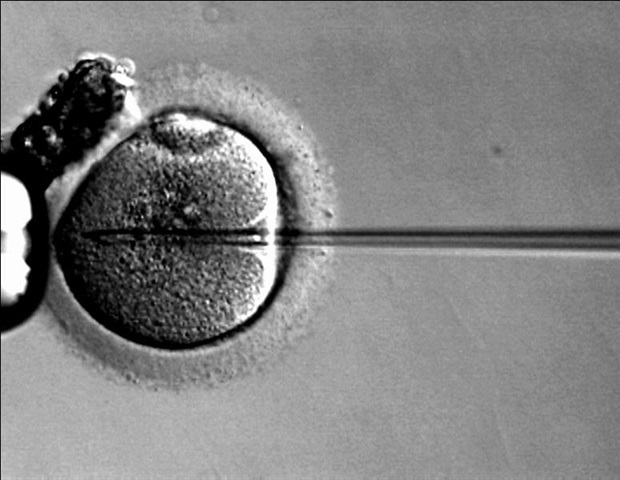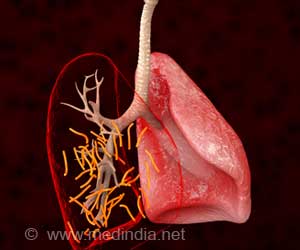Giving more blood to anemic patients after a heart attack may save lives, according to a Rutgers Health–led study.
Vous n'êtes pas connecté
- English
- Français
- عربي
- Español
- Deutsch
- Português
- русский язык
- Català
- Italiano
- Nederlands, Vlaams
- Norsk
- فارسی
- বাংলা
- اردو
- Azərbaycan dili
- Bahasa Indonesia
- Հայերեն
- Ελληνικά
- Bosanski jezik
- українська мова
- Íslenska
- Türkmen, Түркмен
- Türkçe
- Shqip
- Eesti keel
- magyar
- Қазақ тілі
- Kalaallisut ; kalaallit oqaasii
- Lietuvių kalba
- Latviešu valoda
- македонски јазик
- Монгол
- Bahasa Melayu ; بهاس ملايو
- ဗမာစာ
- Slovenščina
- тоҷикӣ ; toğikī ; تاجیکی
- ไทย
- O'zbek ; Ўзбек ; أۇزبېك
- Tiếng Việt
- ភាសាខ្មែរ
- རྫོང་ཁ
- Soomaaliga ; af Soomaali
 Maroc - MEDINDIA.NET - Medindia Health News - Hier 11:11
Maroc - MEDINDIA.NET - Medindia Health News - Hier 11:11
Blood Transfusions Save Lives of Anemic Heart Attack Patients
Explore how blood transfusions can save lives in anemic heart attack patients, analyzing treatment effects and mortality rates.
Articles similaires
Early Detection of Sepsis: Electronic Alerts Save Lives
Discover how electronic alerts for sepsis detection reduce mortality rates in hospitals by facilitating early intervention and patient care.
Promising gene therapy could transform heart failure treatment
A new gene therapy can reverse the effects of heart failure and restore heart function in a large animal model.
ESC 2025: Preventing Heart Disease in Cancer Patients
Surge in cancer patients with cardiovascular side effects due to cancer treatment. Doctors and experts urge to include heart and cardiovascular...
Heart Muscle Regeneration: New Hope for Heart Failure
Learn how artificial hearts can regenerate heart muscle in some patients, offering new hope for heart failure treatment
The Economic Toll of Tuberculosis on Patients
Explore how tuberculosis (TB) impacts patients financially, from treatment costs to lost income, highlighting the urgent need for accessible care...
The Economic Toll of Tuberculosis on Patients
Explore how tuberculosis (TB) impacts patients financially, from treatment costs to lost income, highlighting the urgent need for accessible care...
Hypovolemic Phlebotomy Beneficial Before Liver Resection
WEDNESDAY, Dec. 11, 2024 -- For patients undergoing liver resection, hypovolemic phlebotomy reduces perioperative red blood cell transfusions compared...
Hypovolemic Phlebotomy Beneficial Before Liver Resection
WEDNESDAY, Dec. 11, 2024 -- For patients undergoing liver resection, hypovolemic phlebotomy reduces perioperative red blood cell transfusions compared...
Hypovolemic Phlebotomy: A Breakthrough in Reducing Blood Transfusions During Liver Surgery
Hypovolemic phlebotomy, removing 10% of blood before liver surgery, can cut transfusion needs by 50%, offering a safe, cost-effective way to reduce...
Les derniers communiqués
-
Aucun élément







